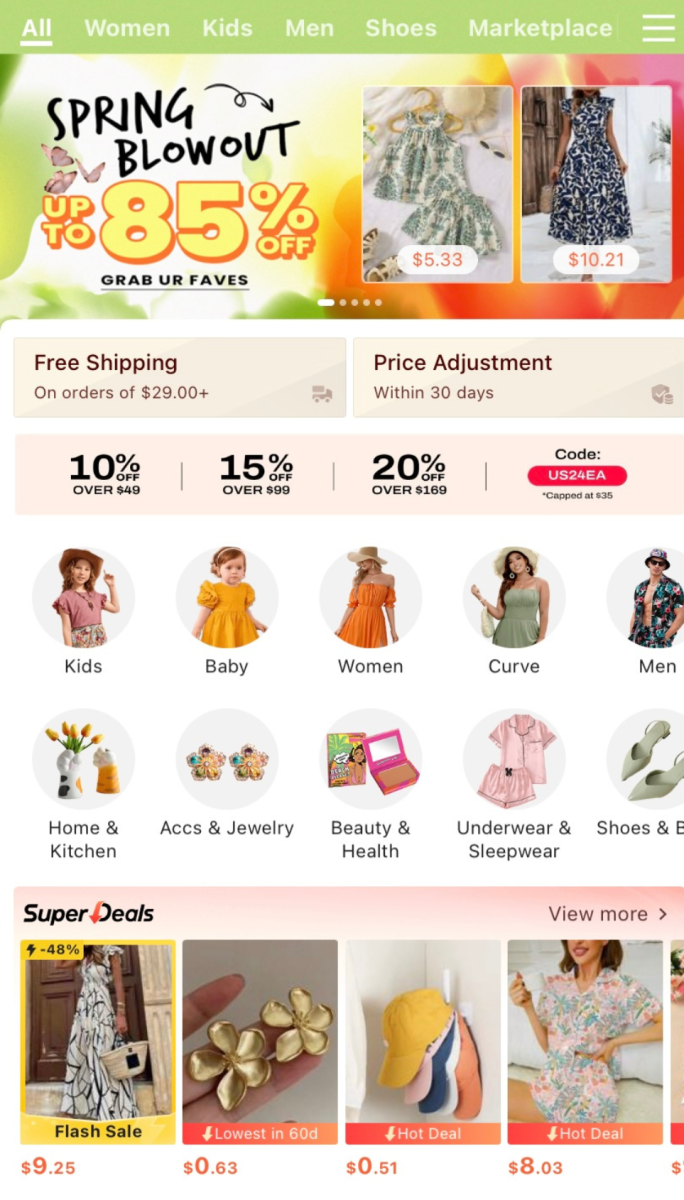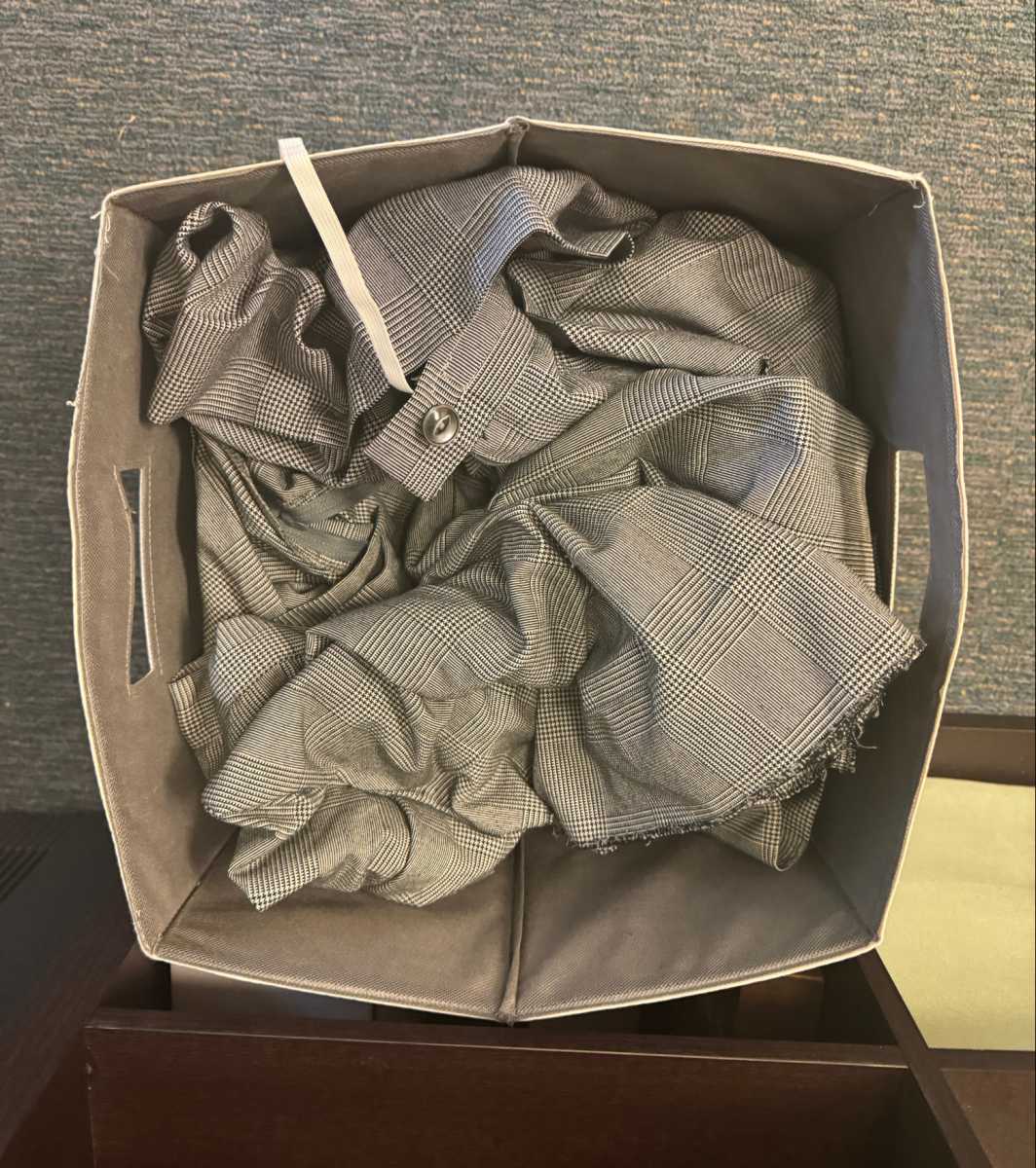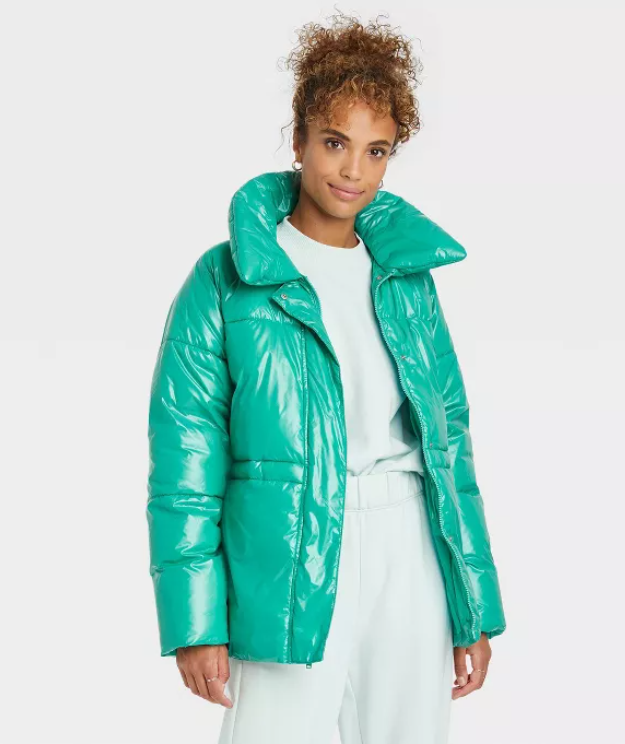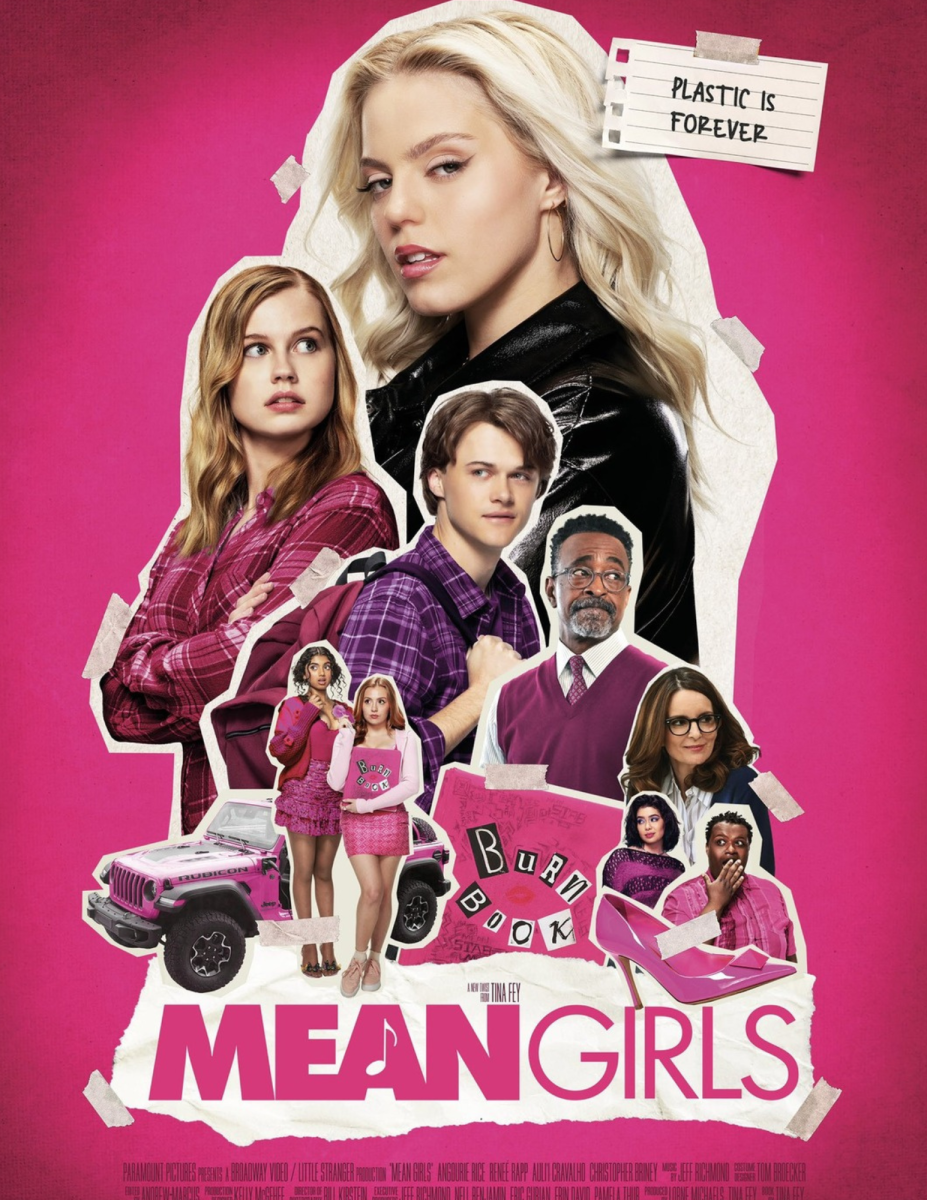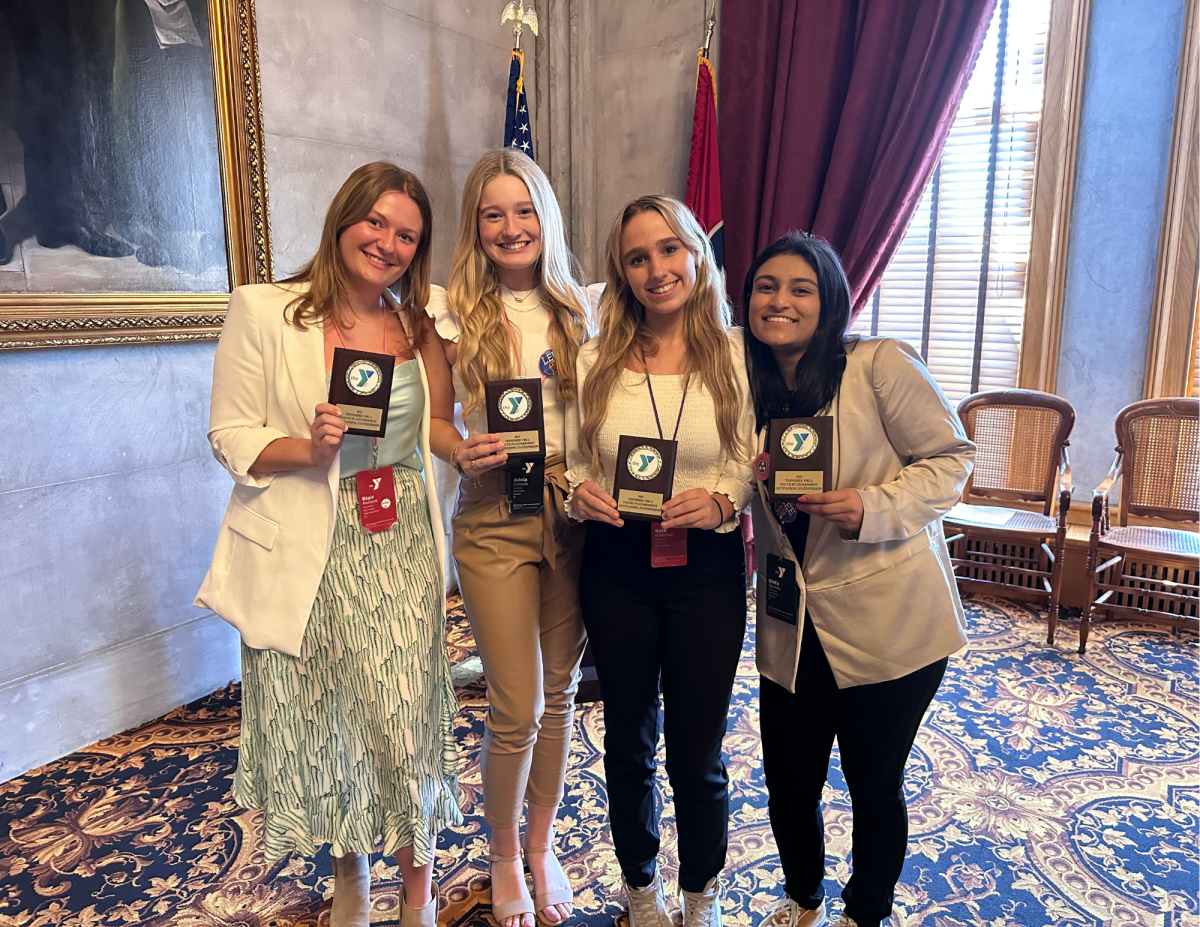The fast fashion industry is a phrase often thrown around in the world of fashion, economics and environmentalism, but what really is it? The fast fashion industry refers to the industry of quickly making and selling cheap and low quality clothing. By making clothing quickly the brands are able to always stay in the market without having to worry about trends coming and going. Many of the well known fast fashion brands include Cider, H&M, Zara, Nasty Gal, Princess Polly, and the infamous Shein.
Shein is a fast fashion brand known for its extremely low prices and wide range of products. From clothing to household items, Shein has just about everything. Shein also offers a variety of deals that the shopper is bombarded with the moment the website is opened. Deals such as 10% to 20% off on orders that qualify for it or codes and coupons. Dresses that on average cost $9.00 USD or meat grinders for $13.70 USD are also common on the site. Though there is a high price to pay for the low costs that Shein is able to offer.
Many reports have been published on the conditions of the factories in China where the clothing is made. Most of these factories lack safety measures such as emergency windows and exits as well as some factories being in residential areas. Hazardous working conditions aren’t the only problem as many of the workers work without contracts. This results in many workers not being fairly compensated for their work. Workers are also paid based on how many garments they create which results in workers spending shifts upwards of 17 hours to meet their minimum. In one factory, workers had $14 cut away from their base pay of $20 if they had imperfections in their work. It isn’t just the poor conditions of the factories that are a problem but human rights violations. Shein has been accused of using
forced labor to make their goods. Specifically using manufacturers in China’s Xinjiang region which is home to concentration camps and the genocide that house the Uyghurs and other Muslim minority groups by the Chinese government. The prisoners in these camps are forced to work in these factories that are in horrific conditions. The exploitation of Shein’s workers doesn’t just stop in the factories. In recent years Shein has faced multiple lawsuits from artists and designers accusing them of stealing their original designs for clothing, accessories, and art. Shein has also faced a copyright infringement lawsuit from another fast fashion company, H&M as well as being accused of violating the federal Anti-racketeering Act (RICO).
Many designs on Shein have been proven to be stolen from designers all over the world. Designers share that they have been paid nothing for their designs to be used by Shein. Aside from the lawsuits mentioned earlier, over 40 businesses have accused Shein of stealing their designs.
Shein most definitely isn’t the first fast fashion company to exist nor will it be the last, but it has changed the fashion industry in more ways than one. Shein’s low quality and prices allowed other fast fashion companies such as H&M to raise their prices despite still having low quality clothing. So even though the buyer is paying more, the quality of clothing still hasn’t increased. Leading to consumers buying more clothing therefore earning the company more money.
Out of all the fast fashion brands Shein has also had the worst impact on the environment. Shein’s clothing is mostly made of fabrics such as polyester that is made out of fossil fuels and plastic which are known for their negative effects on the environment. As mentioned before, Shein’s products are of low quality so they are not meant to last, so products fall apart resulting in them being thrown away. According to the United States Environmental Protection Agency, the average American consumer throws away approximately 81.5lbs of clothing every year. As well as the fact that 10% of microplastics in the ocean come from textiles. Shein hauls have also become a staple in social media, creating a culture of overconsumption which has had negative effects outside the fashion industry.
The fashion industry as we know it has been forever changed by Shein and its business practices. By violating laws and regulations, destroying the environment, and stealing from designers, Shein has dominated the fast fashion world. Though Shein has been seen trying to make improvements such as moving manufacturing to Turkey and basing its headquarters in Singapore. These improvements can only go so far. Will more consumers buy higher-quality clothing but own less or will they continue to buy tons of cheap and low-quality clothing? In a survey done in 2022, 59% of fashion shoppers shared that they would like the fashion industry to become sustainable and environmentally friendly.



